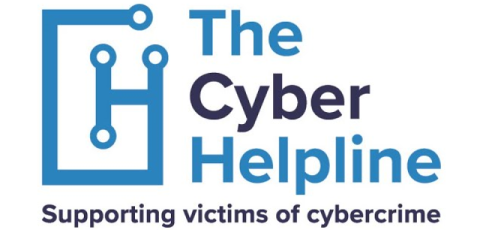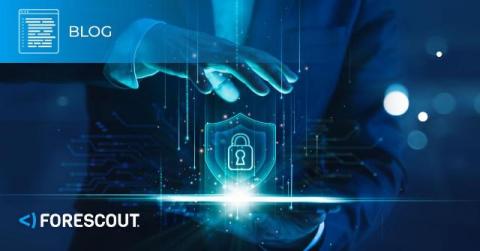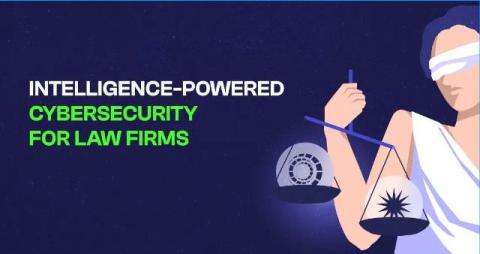How to Stop Data Leaks in Their Tracks
Data leaks are a growing concern for organizations due to the rising volume of sensitive information stored digitally. Leaks occur when sensitive data is inadvertently exposed, and they can easily lead to cyber attacks, reputational damage, and enormous financial costs. The best way to protect against them is to stop them from occurring in the first place. In this blog, we’ll delve into the common causes of leaks and best practices to bolster data security and prevent data leaks effectively.










